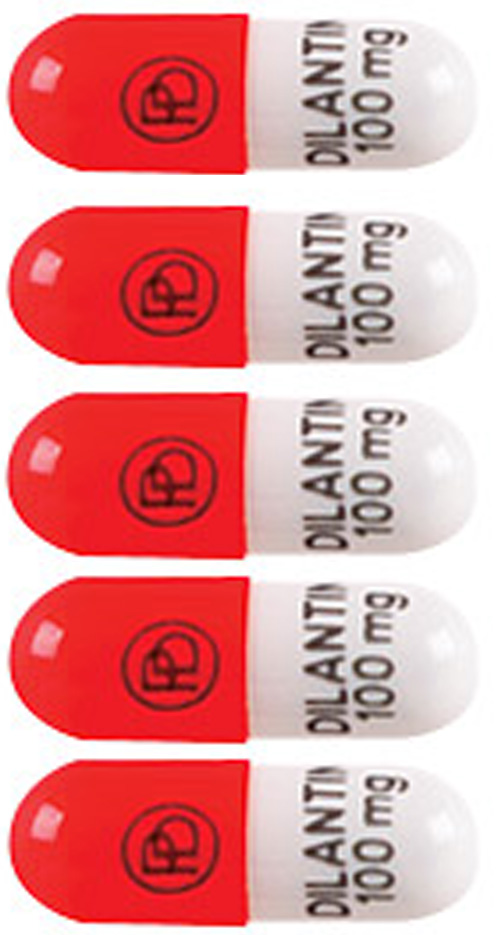 Top Class Action Lawsuits
Top Class Action Lawsuits
Gender discrimination? Sorry—what year is this? Maybe the year Daiichi Sankyo gets nailed for the unlawful practice, if the allegations are true…Allegations made by six current and former female pharmaceutical sales professionals who filed a $100 million class and collective action gender discrimination lawsuit against the Japanese Pharmaceutical company.
Filed in the US District Court for the Northern District of California, these women seek to end pervasive gender discrimination in their workplace on behalf of themselves and a class of several hundred female Daiichi Sankyo sales professionals who have worked for the company in the United States.
The short version, like we don’t know it chapter and verse by now, is that Daiichi Sankyo pays female sales employees less than male employees for doing the same work; promotes or advances female sales employees at a slower rate than male sales employees; treats pregnant employees and working mothers of young children adversely compared to non-pregnant employees, male employees, or non-caregivers; and subjects women to other discriminatory terms and conditions of employment.
According to the Daiichi Sankyo lawsuit, a discrete group of predominantly male Daiichi executives and senior sales managers keep a tight rein on employment decisions, including decisions regarding sales employees’ compensation, advancement, and other terms and conditions of employment. Through this male dominated leadership structure, the Company has approved and implemented policies, practices and decisions that have systemically discriminated against female employees. No, this is not a Mad Men script. This, sadly, is real life.
Just in case there are any doubts as the validity of the allegations, the Plaintiffs cite Daiichi Sankyo’s violations of Title VII of the Civil Rights Act of 1964 and the federal Equal Pay Act of 1963, as well as the California Fair Employment and Housing Act, the California Equal Pay Act and the California Unfair Business Practices Act in today’s Complaint. Umm… 1963—1964 the laws changed and yet we’re still fighting for gender equality in 2013. No comment.
Top Settlements
Major Motrin Award. A landmark award this week—but brace yourself for the backstory. Boston, MA was the scene of a personal injury lawsuit against Johnson & Johnson (J&J) and its subsidiary, McNeil-PPC Inc, that ended this week with the jury awarding $63 million in damages to the Reckis family who brought the lawsuit involving Motrin.
The two pharmaceutical companies were ordered to pay 16-year old Samantha Reckis $50 million in compensatory damages, and her parents $6.5 million each.
What happened? Samantha suffered toxic epidermal necrolysis (TEN), a late stage of Stevens Johnson Syndrome (SJS), as a result of taking Motrin brand ibuprofen. Just seven-years old at the time, Samantha was given Motrin brand ibuprofen by her parents, and shortly thereafter began presenting with symptoms of TEN, which resulted in her losing 90 percent of her skin and her eyesight.
Samantha also suffered brain damage involving her short-term memory, and surgeons had to drill through her skull to relieve some pressure on the brain, the Reckis’ attorney noted. Additionally, Samantha suffered damage to her respiratory system, in which her lungs were burnt, leaving her with only 20 percent lung capacity.
Samantha had taken Motrin previously with no side effects. However, in 2003, the day after Thanksgiving, her parents began giving her the medication to reduce fever. The resulting toxic epidermal necrolysis, which can be fatal, causing inflammation of the mucus membranes and eyes and is marked by a rash that burns off the outer layer of skin, had her physicians puzzled. Samantha suffered inflammation of her throat, mouth, eyes, esophagus, intestinal tract, respiratory system and reproductive system. Her doctors were forced to put her in a medically induced coma.
The family filed the lawsuit in 2007. The trial took five weeks. The Reckis’ claimed that Samantha was blinded by Motrin and alleged that Johnson & Johnson failed to warn consumers that the drug could cause life-threatening reactions. Another positive, in addition to the award, is that while Samantha has to work twice as hard as her fellow classmates, she is in school and is an honor student, demonstrating a remarkable spirit.
Zetia & Vytorin False Statements Settlement. Here’s another record-breaking settlement from the world of pharmaceuticals—this time it’s a securities class action settlement. Actually, make that two securities settlements totaling $688 million. Whoppa! The securities class actions are pending against Merck & Co. Inc. (“Merck”), Schering-Plough Corporation (“Schering”), Merck/Schering-Plough Pharmaceuticals, certain of the Companies’ directors and officers, and the underwriters of a 2007 Schering stock offering over allegations the companies made false and misleading statements about results from a clinical trial called “ENHANCE” involving the anti-cholesterol drugs Zetia and Vytorin.
The actions, currently pending in the US District Court for the District of New Jersey before Judge Dennis M. Cavanaugh, are In re Schering-Plough Corporation/ENHANCE Securities Litigation, Master File No. 08-397, which settled for $473 million; and In re Merck & Co., Inc. Vytorin/Zetia Securities Litigation, Master File No. 08-2177, which settled for $215 million.
The two class actions stem from claims that Merck and Schering (which merged in November 2009) artificially inflated their securities by concealing material information and making false and misleading statements regarding the blockbuster anti-cholesterol drugs Zetia and Vytorin.
Namely, the lead plaintiffs alleged that even though the Defendants knew that a clinical trial of Vytorin, called “ENHANCE,” demonstrated that Vytorin (a combination of Zetia and a generic statin medication) was no more effective than the cheaper, generic statin drug at reducing artery thickness, the Companies nonetheless championed the “benefits” of the drugs, attracting billions of dollars of capital in the process. Yielding to public pressure to release the results of the ENHANCE trial, Lead Plaintiffs allege that the companies reluctantly announced that the cholesterol drugs showed “no statistically significant difference” in plaque buildup, and that news of these negative results and their related consequences caused sharp declines in the value of the companies’ securities, resulting in significant losses to investors.
The combined $688 million in settlements is the second largest securities class action settlement in the Third Circuit, among the top 25 securities class action settlements of all time, and among the ten largest recoveries in a securities class action not involving a restatement.
So—the moral of the story? You tell a Whoppa, you pay a Whoppa—quid pro quo baby!
See you at the bar—I know who’s buying…




 What a week for securities class actions!
What a week for securities class actions!